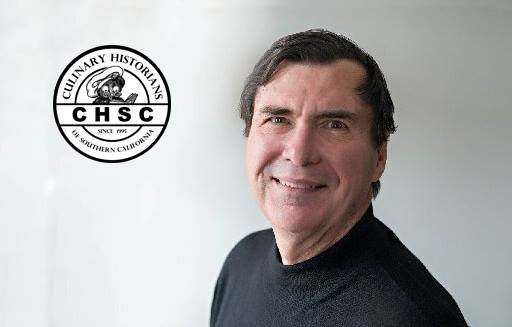Virtually every religion forbids the wasting of food, and minimizing food waste is a value built into the culture of many families and communities. This ethos of food conservation began to recede during the nineteenth century, as families began to spend a smaller proportion of their income on food. Food waste did become crucial during periods of food shortages and rationing, such as the First World War (1914–1918), and the Second World War (1939–1945). Concern with food waste and food loss increased during the post-war period when it was estimated that 30 to 40 percent of the food produced for human consumption was uneaten and most ended up in landfills. During the past decade, no culinary topic has energized more people around the world than has food waste. This session will trace the history of food waste and offer reasons why food waste has become such an important topic today.
A reception with refreshments will follow the talk at approximately 11:30.
About the speaker:
Andrew F. Smith is the author or editor of 32 books including his latest 3-volume work, Food in America (ABC-CLIO, 2017), of which the second volume is Food, Health and Nutrition. He teaches culinary history and food controversies at the New School in New York. He serves as the editor for the “Edible Series” and the “Food Controversies Series” at Reaktion Books in the United Kingdom. His media appearances include interviews for National Public Radio, the History Channel, and the Food Network. He has been a culinary history consultant to several television series, including the 6-part mini-series, “Eat: The Story of Food,” broadcast on the National Geographic Network.
Free and open to the public! Parking is available in the library’s underground lot. ($1 with library card validation.)

